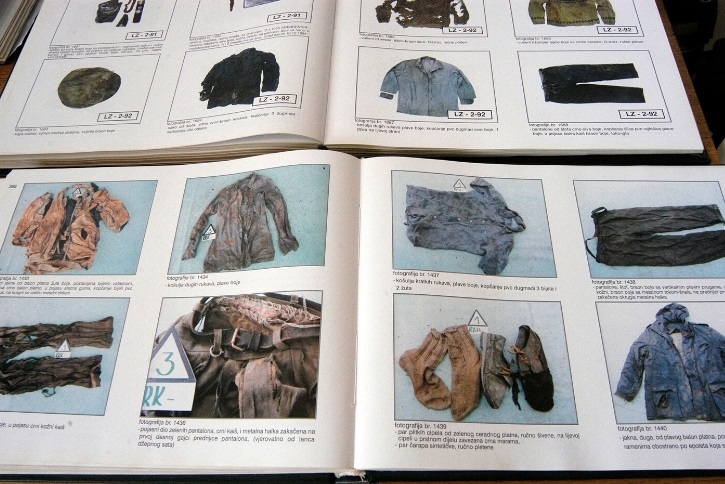Remembering Srebrenica 25 years on
Twenty-five years ago this month, the town of Srebrenica and the surrounding area was a scene of significant suffering.

Between 13 and 19 July 1995, it is estimated that some 8,000 Bosnian Muslim men and boys were killed at numerous massacre sites and placed in mass graves.
The picture that emerged after the conflict reveals a series of events that still defy comprehension.
Evidence from the mass graves shows some victims were blindfolded and had their wrists tied behind their backs with wire ligatures before being shot. Survivors of the executions recalled hiding below piles of dead bodies, waiting for the shooting to stop so they could then try and escape. Bodies were piled into mass graves, which were subsequently dug up and moved to secondary graves in remote areas to prevent detection.
Over 1,000 of the men and boys lost in that month in Srebrenica are still unaccounted for.
While the media has long ago moved onto other conflicts and now to COVID-19, it is important that we remember these events. It is important to remember so that the stories of these men and boys are not forgotten; so that future generations know what occurred and can understand the pain of past conflict; so that we pay respect to the victims, to the survivors and to the families and communities who lost loved ones in that tragic month in July 1995.
The International Committee of the Red Cross (ICRC), which lost nine members of its own staff during the events in Srebrenica, has played an important role in searching for the missing persons from Srebrenica.
Working with organisations like the Missing Persons Institute of Bosnia and Herzegovina, tremendous efforts have been made to help family members identify and locate their loved ones, with bodies still being found today.
For the Srebrenica mothers, daughters and sisters and the elderly who have lost loved ones, many of whom who have suffered PTSD and lived for years not knowing the fate of their men and boys, this has helped bring some certainty and closure.
The ICRC has also worked with National Red Cross and Red Crescent Societies like Australian Red Cross to respond to more than 33,000 tracing requests for missing persons submitted to the ICRC as a result of the broader conflict in the Balkans in the 1990s.
This anniversary is an important reminder for us not to forget the past, and we must continue to support families who have lost family members through conflict, always recognising that they have a right to know what happened to their loved ones.
This article was written by Kirsten Keith, with contributions by Hollie Johnston.
Kirsten is a Casual Academic at Southern Cross University teaching International Criminal Justice and is a member of the NSW IHL Advisory Committee at Australian Red Cross. She previously worked at the International Criminal Tribunal for the former Yugoslavia on the case against Radislav Krstić, the first Srebrenica related case, which resulted in the legal finding that the killings of the Bosnian Muslim men and boys constituted genocide. Hollie is an Adviser in the International Law Program at Australian Red Cross.
Charity donations of $2 or more to Australian Red Cross may be tax deductible in Australia. Site protected by Google Invisible reCAPTCHA. © Australian Red Cross 2024. ABN 50 169 561 394